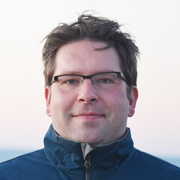Faculty Recruiting Graduate Students
Beliow is a list of faculty members who recruit graduate students in the Department of Integrative Biology at Michigan State University. Please note that some of our faculty, designated with asterisks on this page, accept students in collaboration with other faculty members with the expectation that the students will do rotations in two or more labs in their first year. Potential students and these faculty members should communicate about potential ways to structure the lab rotations.

Kelly Aho
Assistant Professor-Tenure System
kellyaho@msu.edu
Joint with Earth and Environmental Sciences
I am an aquatic biogeochemist interested in carbon and nitrogen cycling in inland waters. I aim to understand freshwater ecosystems as both 1) biogeochemically important ecosystems and 2) connectors of other ecosystem components (e.g., land, ocean, atmosphere). I am particularly interested in greenhouse gas emissions from streams and rivers. This research is relevant to aquatic ecology, carbon and nitrogen cycle models, and greenhouse gas budgets.

Janette Boughman
There are somewhere between 2 and 10 million living species on earth – possibly more. What processes create this incredible diversity? The deep and difficult question of how new species form has challenged biologists for a long time. This question is at the heart of my research program. A unifying theme of my work is to understand how an organisms’ behavior generates selection that results in diversification, and how diverse behavior itself evolves under the influence of multiple forms of selection. Behavioral traits are thus the primary phenotypes of interest, but can also be the agents of evolutionary change.
Ingo Braasch **
The Braasch Lab addresses fundamental questions about the genomic and developmental basis of major transitions during the course of vertebrate evolution. We study genomic and morphological novelties in vertebrates at the levels of genome structure, gene family dynamics, and gene regulation and combine comparative genomics with analyses of molecular evolution and developmental genetic approaches using zebrafish (Danio rerio), spotted gar (Lepisosteus oculatus) and other fishes as model systems.
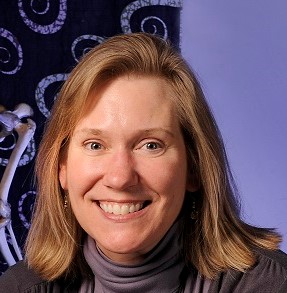
Anne Bronikowski

Fred Dyer
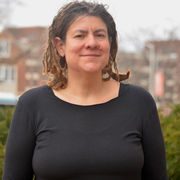
Heather Eisthen**
Our research concerns the causes of evolutionary changes in the nervous system and the behavioral consequences of these changes. We are focusing on evolution and detection of pheromones in salamanders.
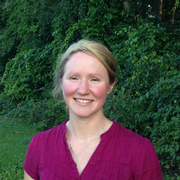
Sarah Evans
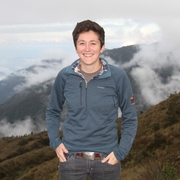
Sarah Fitzpatrick
I am broadly interested in evolution, ecology, and conservation of natural populations. Research in my lab combines genomic tools, mark-recapture methods, and experiments to study how interactions between gene flow, drift, and selection affect population dynamics and diversity patterns. I am especially interested in gaining a mechanistic understanding of genetic rescue, which is the increase in population growth caused by the infusion of new genetic variation, and in implementing this tool in conservation and management.
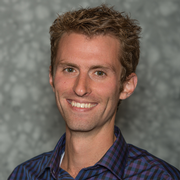
Jason Gallant**
We are interested in the origin and diversification of novel phenotypic and behavioral traits involved in animal communication signals, as they relate to signal diversity, mate choice, and speciation. Our model system of choice is the mormyrid electric fish, which enables a highly integrative approach to these questions, combining behavior, physiology, developmental biology, population genetics, and genomes.

Julia Ganz**
The goal of our research is to understand how stem cells generate a diverse and complex nervous system using zebrafish as a model system. My laboratory addresses this question focusing on the largest part of the peripheral nervous system – the enteric nervous system (ENS). Our research aims to answer the fundamental question of how the generation of ENS cell lineages is regulated during normal development, in situations that model human disease, and under regenerating conditions. We will not only uncover cellular, genetic, and molecular mechanisms underlying cell fate determination but also contribute to developing therapeutic approaches using stem cells to repair ENS diseases.
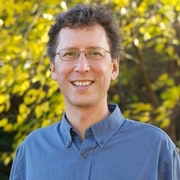
Nicholas Haddad

Elizabeth Heath-Heckman**
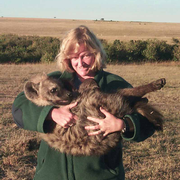
Kay Holekamp
Research in my laboratory investigates how social, ecological, and endocrine variables interact during an individual`s early development to influence its subsequent behavior and its reproductive success as an adult.
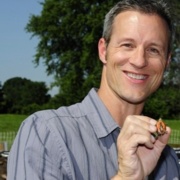
Fredric Janzen
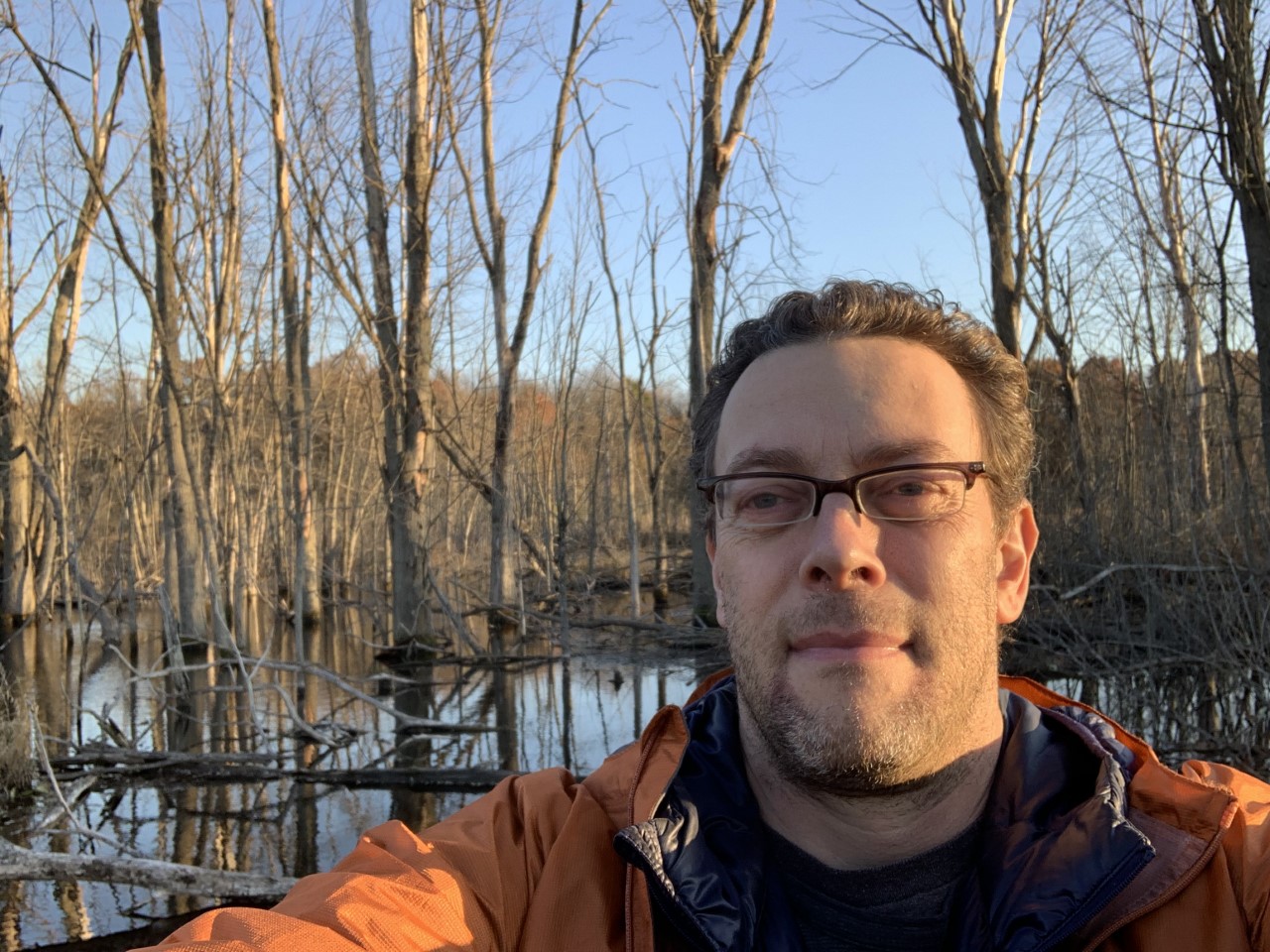
Chris Klausmeier
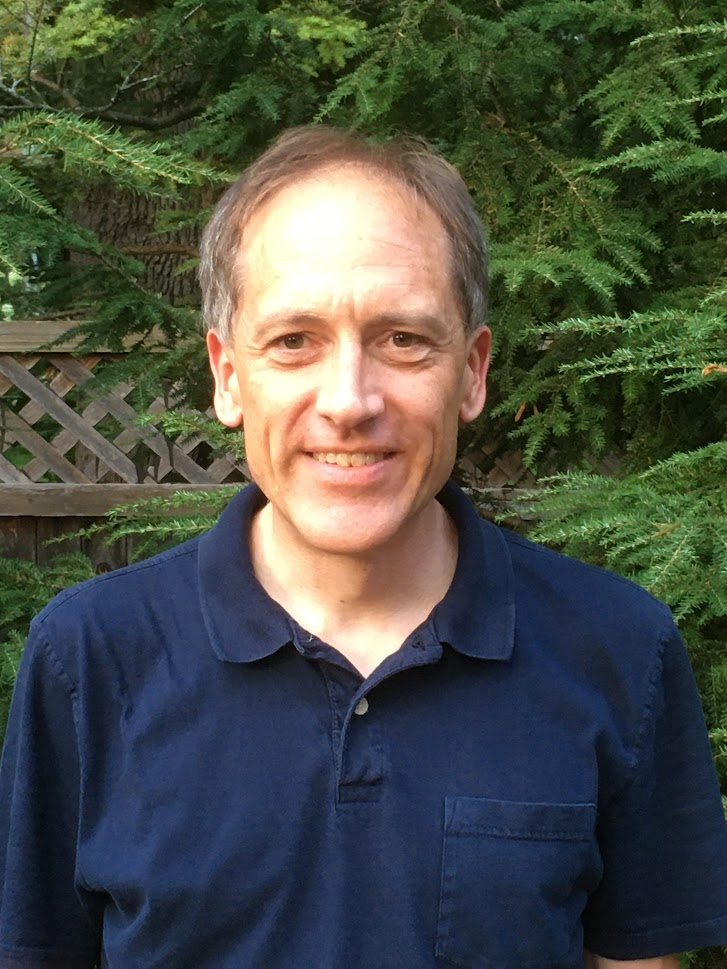
James Moran
Associate Professor - Tenure System
moranja7@msu.edu
Joint with Plant, Soil and Microbial Sciences
I specialize in using detailed analyses of light stable isotope (primarily 13C, 15N, and 18O) abundances to address scientific questions related to biogeochemistry, microbial ecology, animal ecology, and chemical forensics. I have a specific interest in understanding nutrient exchange processes within the rhizosphere and the overall role that spatial organization plays in driving relevant plant, microbial, and geochemical interactions. To help provide new insights to scientific investigations, I also enjoy instrument and method development efforts with recent focus on spatially resolved approaches for making isotope, protein, and elemental compositional analyses over solid and soil surfaces.

Alisha Shah
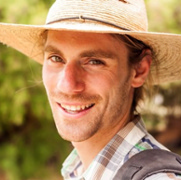
William Wetzel
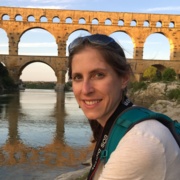
Phoebe Zarnetske
The Zarnetske Spatial and Community Ecology Lab uses a combination of observational data, experiments, and statistical and theoretical modeling to connect observed patterns of biodiversity and community composition with underlying mechanisms across local to global scales. We aim to understand and predict how the composition and geographic distributions of species and ecological communities are affected by biotic interactions, species invasions, biophysical feedbacks, geodiversity, climate change, and land-use change. A central goal is to understand which species and ecological communities are most sensitive and/or resilient to climate change, and in turn act as "biotic multipliers" of climate change through their outsized impacts on ecological communities.

Elise Zipkin
